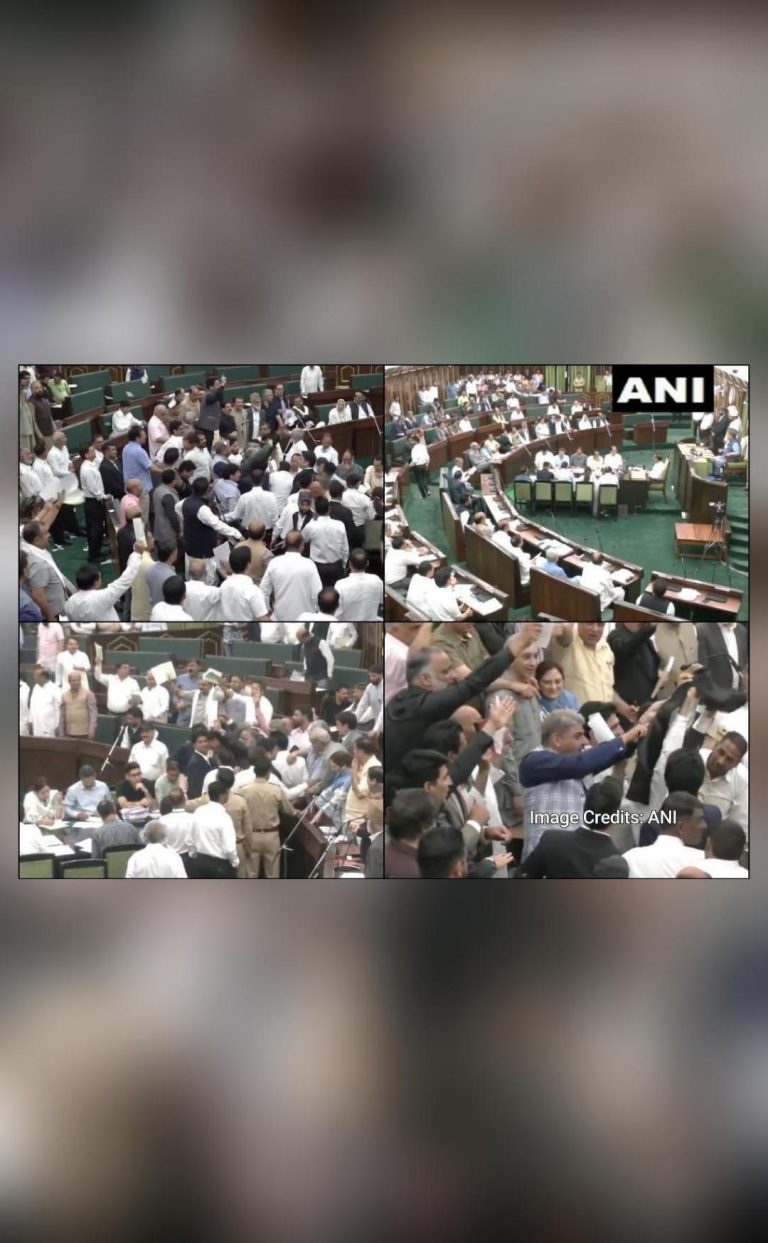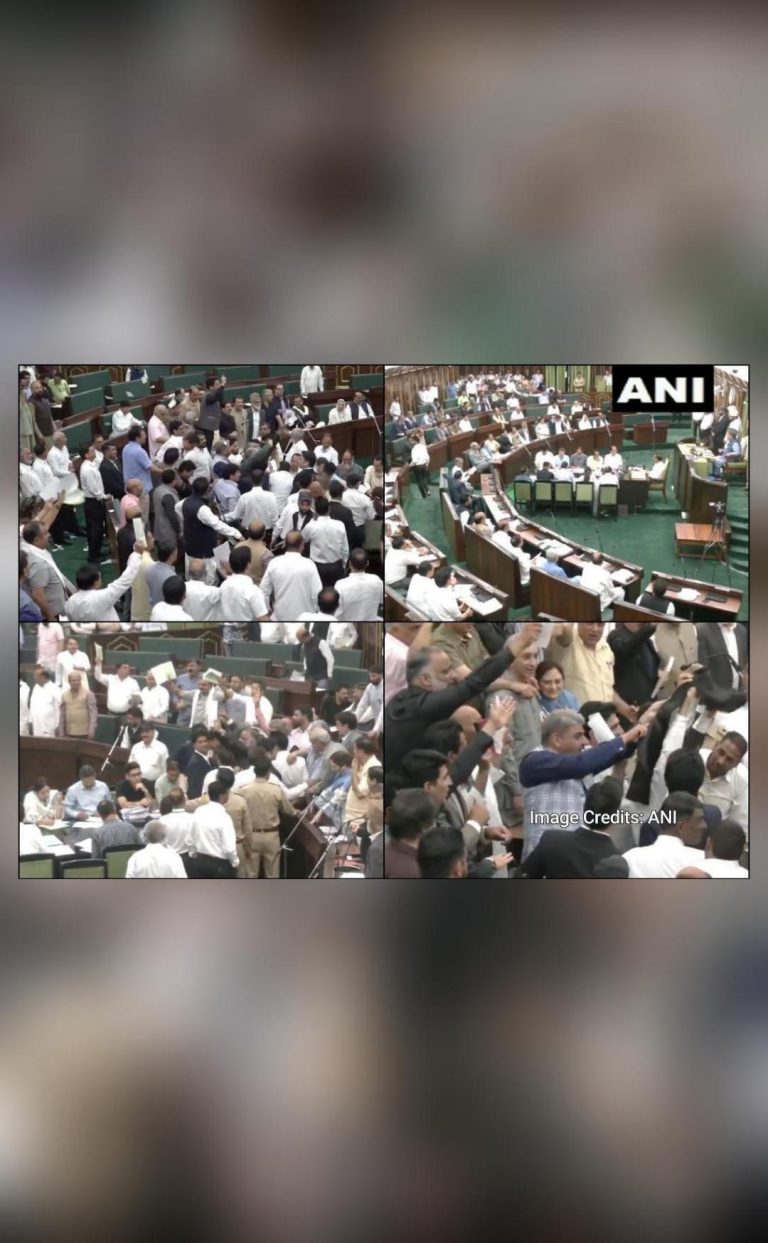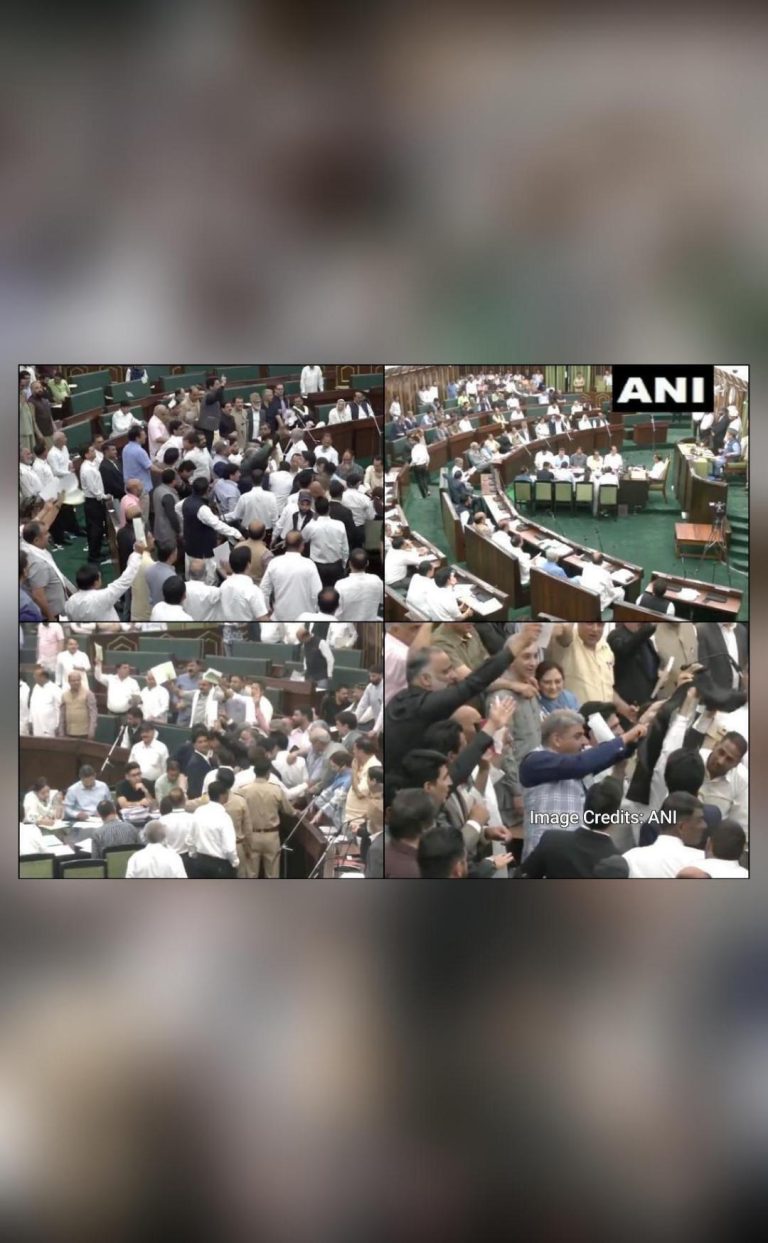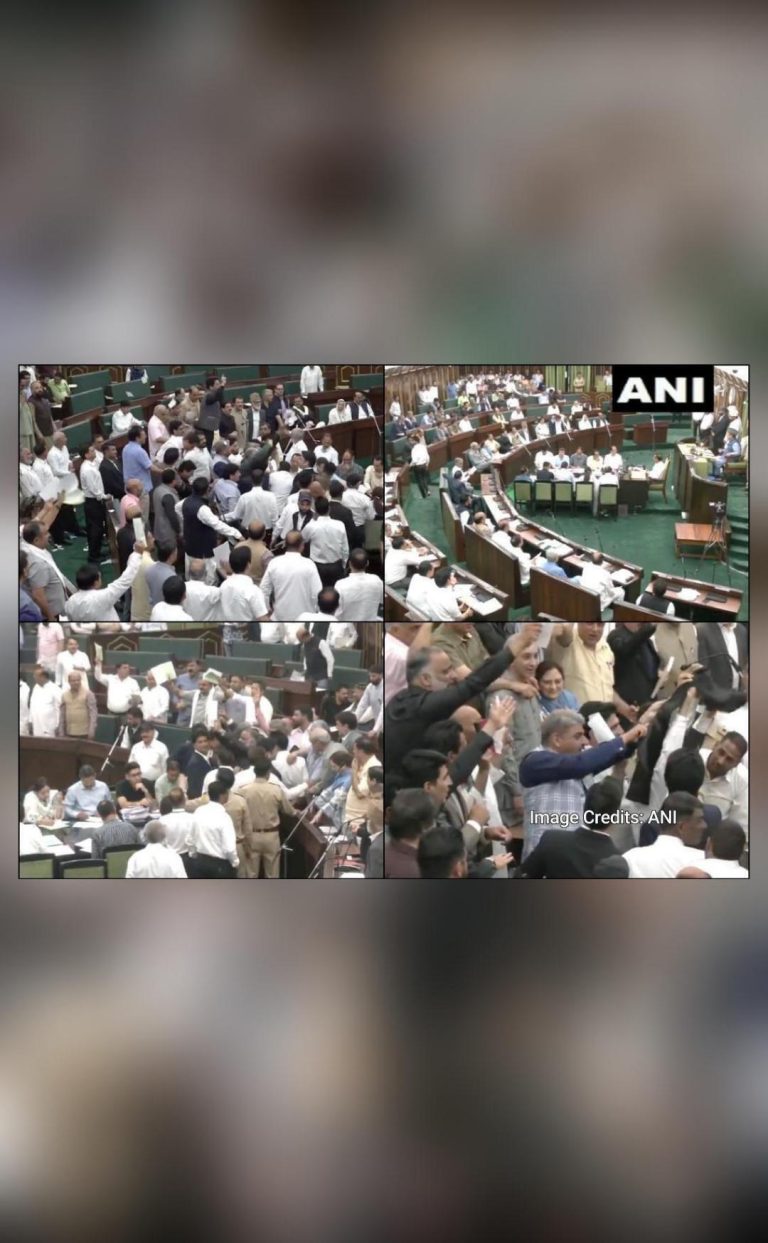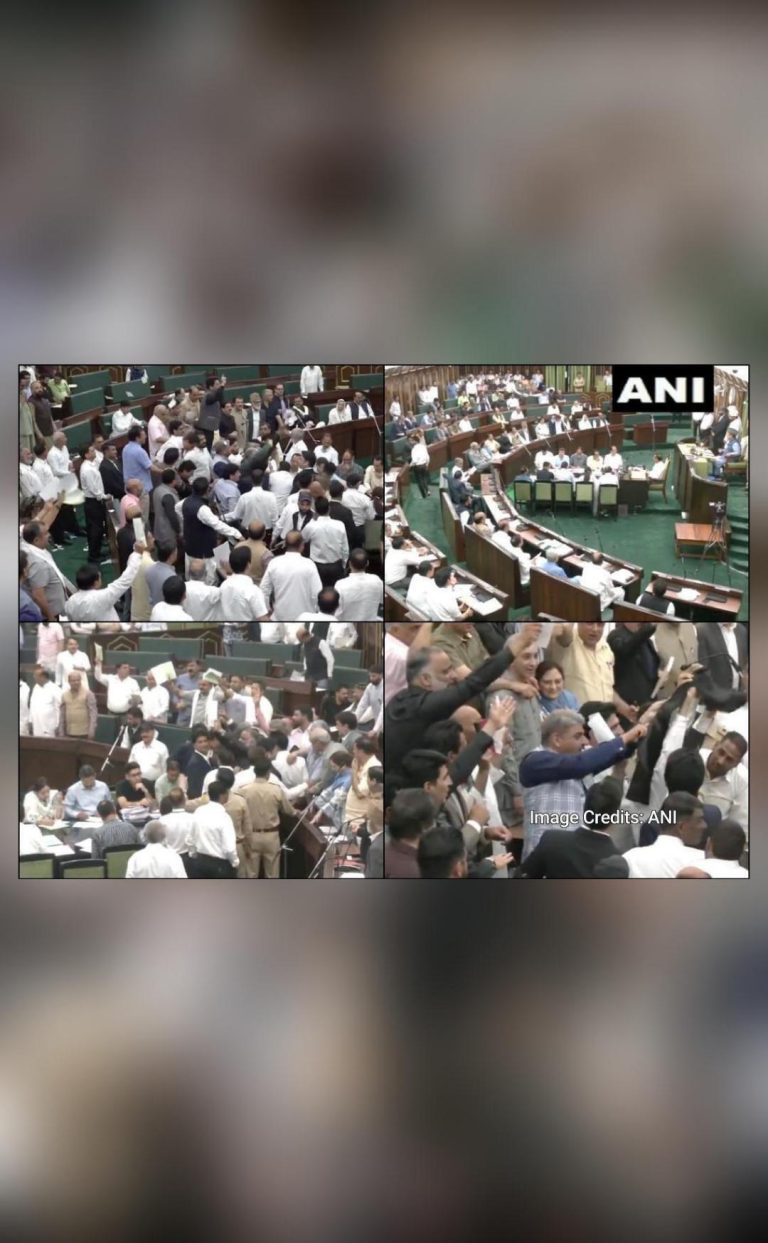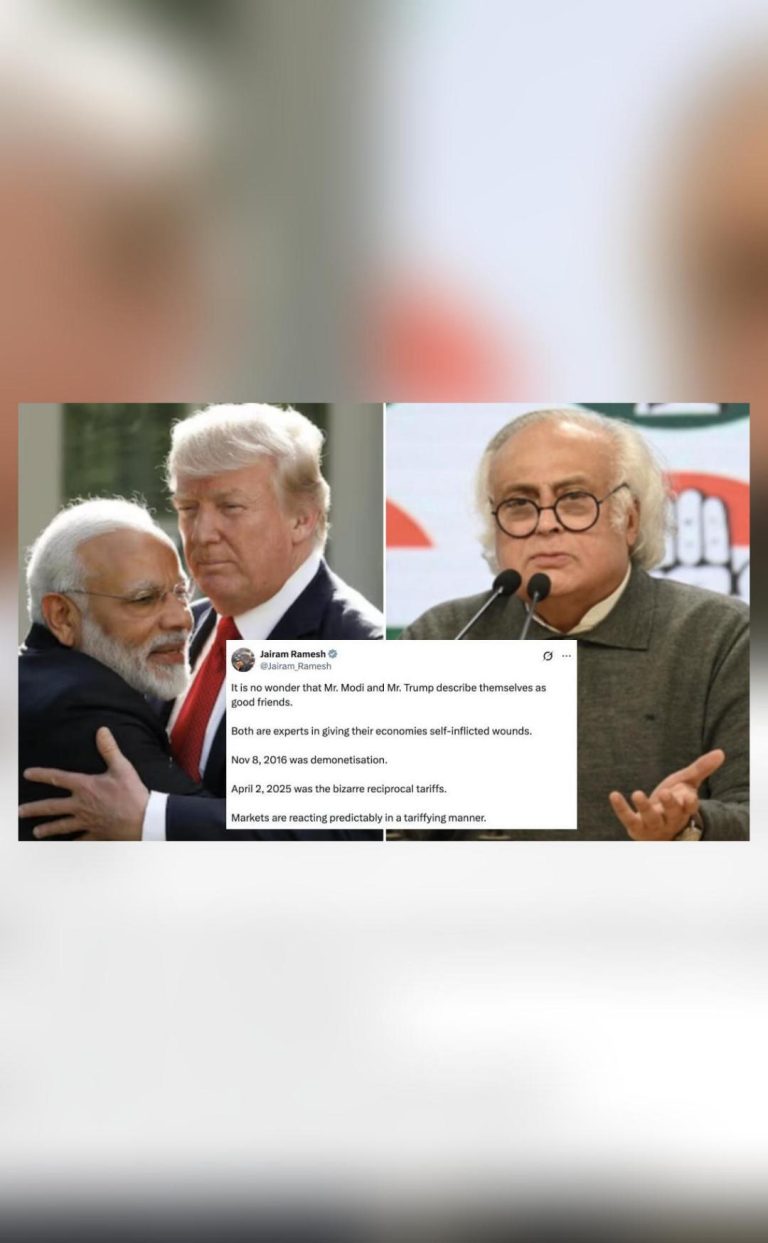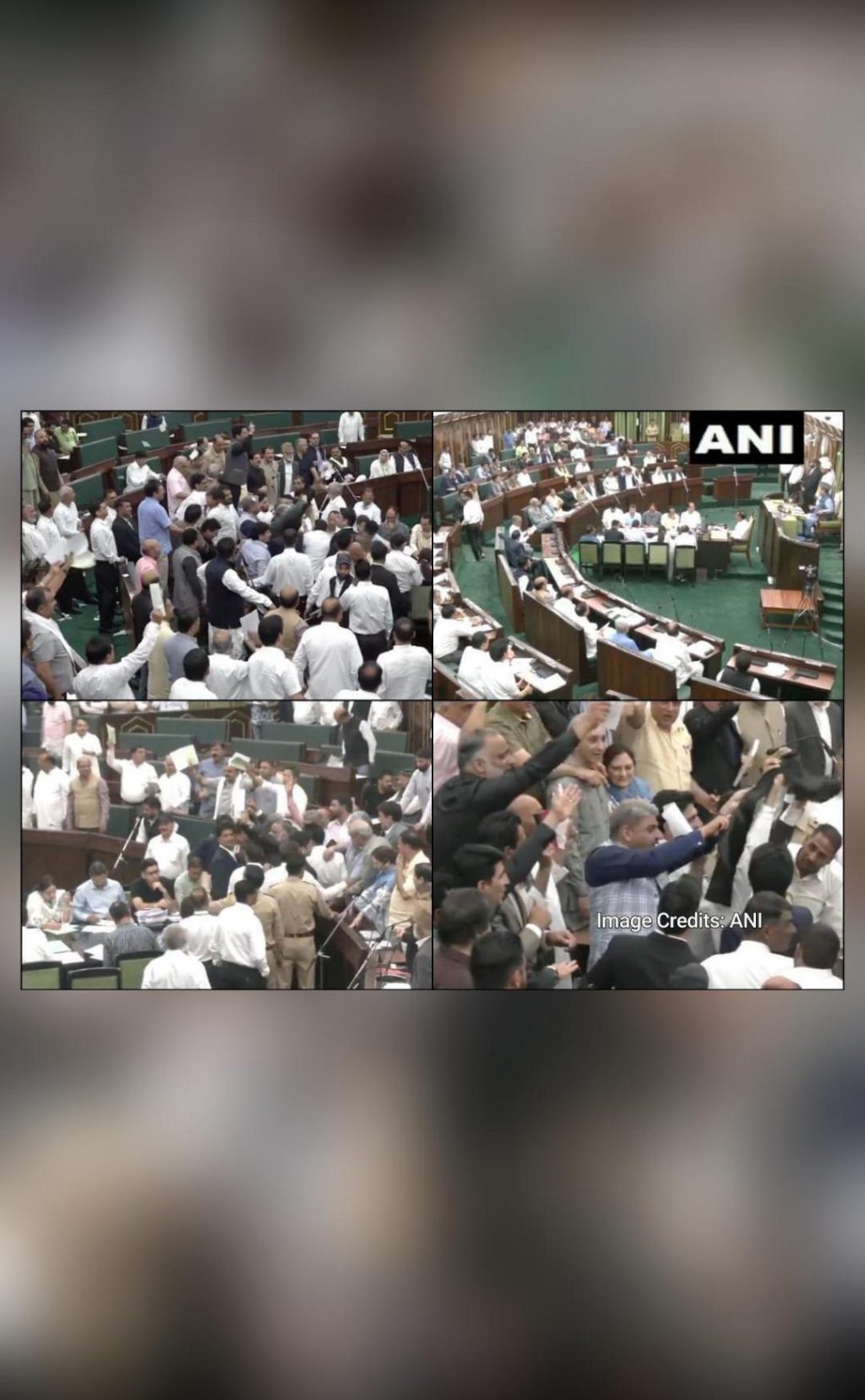
Jammu & Kashmir Assembly adjourned amid uproar over Waqf Act
The Jammu and Kashmir Assembly witnessed a tumultuous scene on Monday, with the House being adjourned after a heated debate over the Waqf Act. The opposition National Conference (NC) MLAs moved an adjournment motion to discuss the Waqf Act, but were denied by Speaker Abdul Rahim Rather. The BJP, however, protested and demanded that the Question Hour be held as scheduled.
The Waqf Act is a contentious issue in the state, with the NC and other opposition parties accusing the government of trying to amend the law to suit its own interests. The Act is responsible for managing the Waqf properties, which are considered sacred by Muslims and are used for religious purposes.
The NC MLAs, led by party president Farooq Abdullah, moved the adjournment motion to discuss the Waqf Act, citing concerns over the government’s intentions. However, Speaker Rather denied the motion, saying that the Question Hour would be held as scheduled. This decision was met with widespread protests from the NC MLAs, who stormed out of the House in protest.
The BJP, which is a part of the ruling coalition in the state, also protested against the denial of the adjournment motion. The party’s MLAs demanded that the Question Hour be held as scheduled, and accused the NC of trying to disrupt the House.
The situation in the Assembly was chaotic, with MLAs from both sides shouting slogans and demanding to be heard. The Speaker’s decision to deny the adjournment motion was seen as a major setback for the NC, which has been demanding a discussion on the Waqf Act for several days.
The Waqf Act has been a major point of contention in the state, with the government and the opposition having different views on its implementation. The government has been accused of trying to amend the Act to suit its own interests, while the opposition has demanded that the law be implemented in its original form.
The controversy over the Waqf Act is not new, and has been a major issue in the state for several years. In 2019, the government had amended the Act, which led to widespread protests from the opposition parties. The amendment was seen as an attempt to give more powers to the government in the management of Waqf properties, which were seen as a threat to the autonomy of the Waqf Board.
The current controversy over the Waqf Act is seen as a major test for the government, which has been accused of being insensitive to the concerns of the opposition parties. The government has been accused of trying to suppress the opposition’s voice, and of not allowing a meaningful discussion on the Waqf Act.
The adjournment of the House has once again highlighted the deep divisions within the state’s political establishment. The opposition parties have accused the government of being dictatorial, while the government has accused the opposition of trying to disrupt the House.
The situation in the Jammu and Kashmir Assembly is likely to remain tense in the coming days, with both sides refusing to back down. The Waqf Act is likely to remain a major issue, and it remains to be seen how the government and the opposition parties will resolve their differences.
